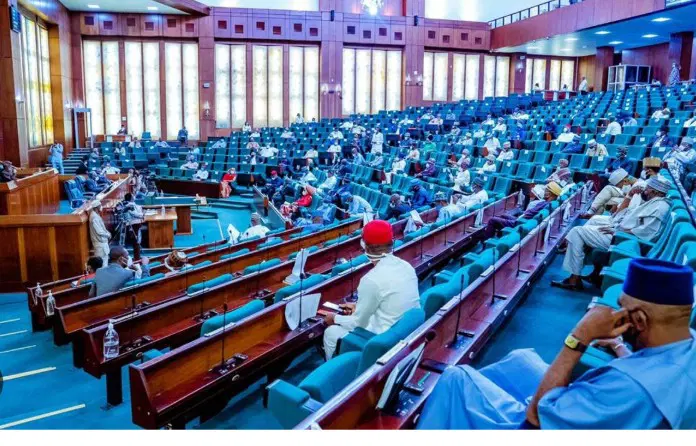The House of Representatives Committee on Basic Examination Bodies has reaffirmed its commitment to strengthening Nigeria’s education system by providing robust legislative support to national examination bodies across the country.
The pledge was made during an oversight visit in Abuja, where committee members observed the screening of underage candidates who excelled in the 2025 Unified Tertiary Matriculation Examination (UTME). The visit underscored the committee’s interest in encouraging academic excellence and ensuring fair recognition for gifted students.
Chairman of the Committee, Rep. Oforji Oboku, praised the young candidates for their remarkable achievements, describing them as a source of pride for the nation. “We are proud of these young achievers, and I believe the Joint Admissions and Matriculation Board (JAMB) shares in this pride. The fact that 176 students from across the country are part of this process shows how far Nigeria has advanced in educational competitiveness across Africa,” he stated.
Oboku commended JAMB for maintaining integrity and consistency in its examinations, noting that the board’s continuous reforms have improved both student performance and public confidence in Nigeria’s education system. He said the success of these students reflects broader progress in exam administration, access, and quality.
Read Also:
- Reps reject U.S. claims of religious genocide
- Petroleum stakeholders to chart new policy for downstream sector – Reps committee
- Speaker Abbas swears-in 3 new Reps
Speaking on the controversy surrounding age restrictions for university admission, the lawmaker clarified that the policy originates from the Federal Ministry of Education, not JAMB. He assured Nigerians that the committee would review the issue within the framework of ongoing educational reforms to make policies more inclusive and reflective of students’ realities.
Rep. Oboku reaffirmed the committee’s resolve to strengthen the capacity of examination bodies through effective legislation and oversight, stressing that a merit-based system remains vital to building a brighter and more competitive future for Nigeria’s youth.
He concluded that sustained investment in education, coupled with recognition of outstanding talent, will not only inspire excellence but also position Nigeria as a leading hub for academic innovation in Africa.






